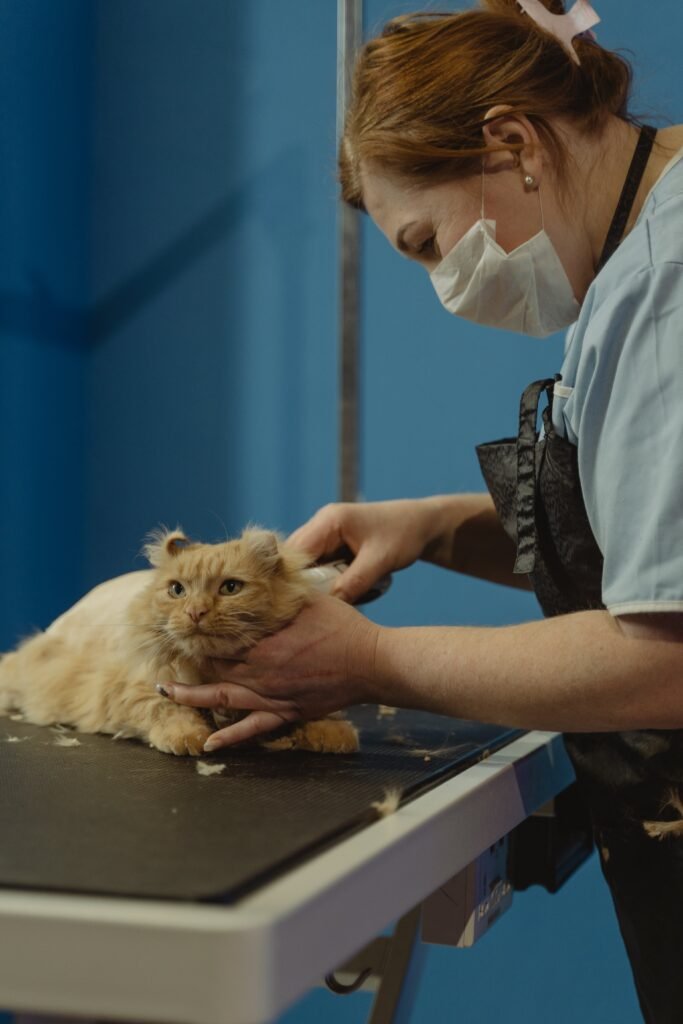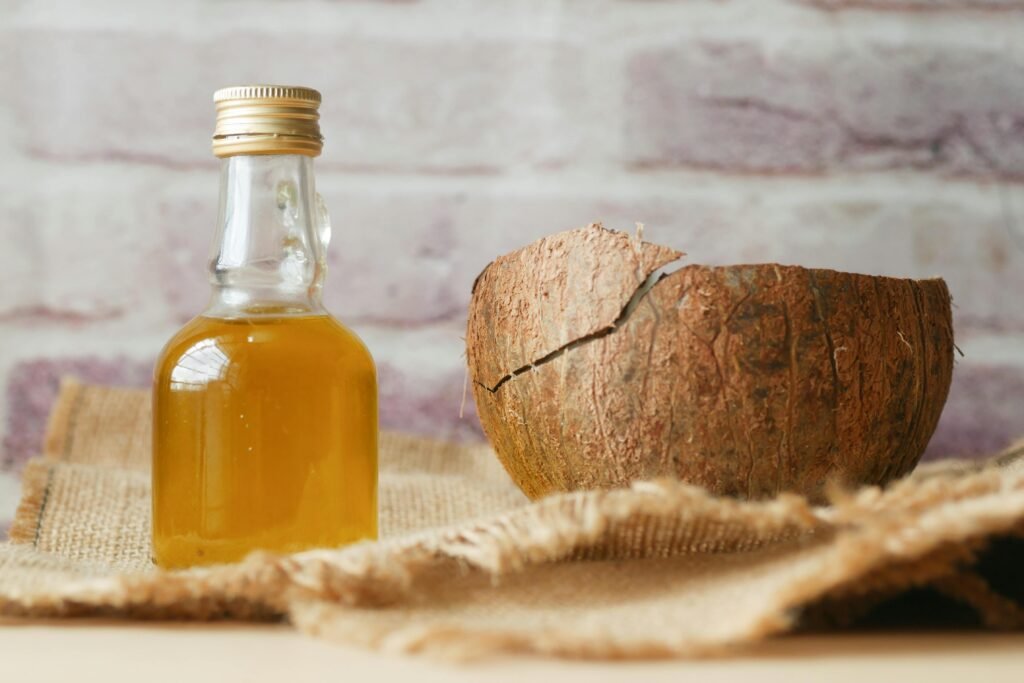As cat owners, we often wonder if certain human foods are safe for our pets. Honey is one of those foods that may seem harmless, but you might still ask, “Can cats eat honey?” Cats are naturally curious creatures, and they sometimes get into things we wouldn’t expect. In this post, we’ll explore whether honey is safe for cats, how much is okay, and what you should know before offering it to your furry friend.


Introduction
As cat owners, we often wonder if certain human foods are safe for our pets. Honey is one of those foods that may seem harmless, but you might still ask, “Can cats eat honey?” Cats are naturally curious creatures, and they sometimes get into things we wouldn’t expect. In this post, we’ll explore whether honey is safe for cats, how much is okay, and what you should know before offering it to your furry friend.
Is Honey Safe for Cats?
The short answer is: yes, honey is safe for cats to eat, but it’s not recommended as a regular part of their diet. While honey is not toxic to cats, it also doesn’t provide any real nutritional benefit to them. Cats are obligate carnivores, meaning they get most of their nutrients from meat. Honey, on the other hand, is mainly sugar, which is something cats don’t need much of.
Nutritional Content of Honey
Honey is primarily made up of natural sugars like glucose and fructose, along with small amounts of vitamins and minerals. While honey can be a good source of energy for humans, cats don’t process sugars in the same way. Their digestive systems are designed to break down protein and fat, not carbohydrates.
Because of this, cats don’t gain much from the nutrients in honey, and giving them too much could cause more harm than good.
Why You Should Limit Honey for Cats
Honey has a high sugar content, and while a small taste now and then won’t hurt your cat, too much can lead to health issues. Here are a few reasons why you should limit honey in your cat’s diet:
- Digestive Issues: Cats may have trouble digesting honey, and consuming too much can lead to upset stomach, vomiting, or diarrhea.
- Obesity Risk: The extra calories from sugar can contribute to weight gain, especially if your cat isn’t very active. Over time, this can lead to obesity, which brings its own set of health problems.
- Diabetes: Feeding your cat sugary foods like honey regularly could increase their risk of developing diabetes.
When Honey Might Be Helpful for Cats
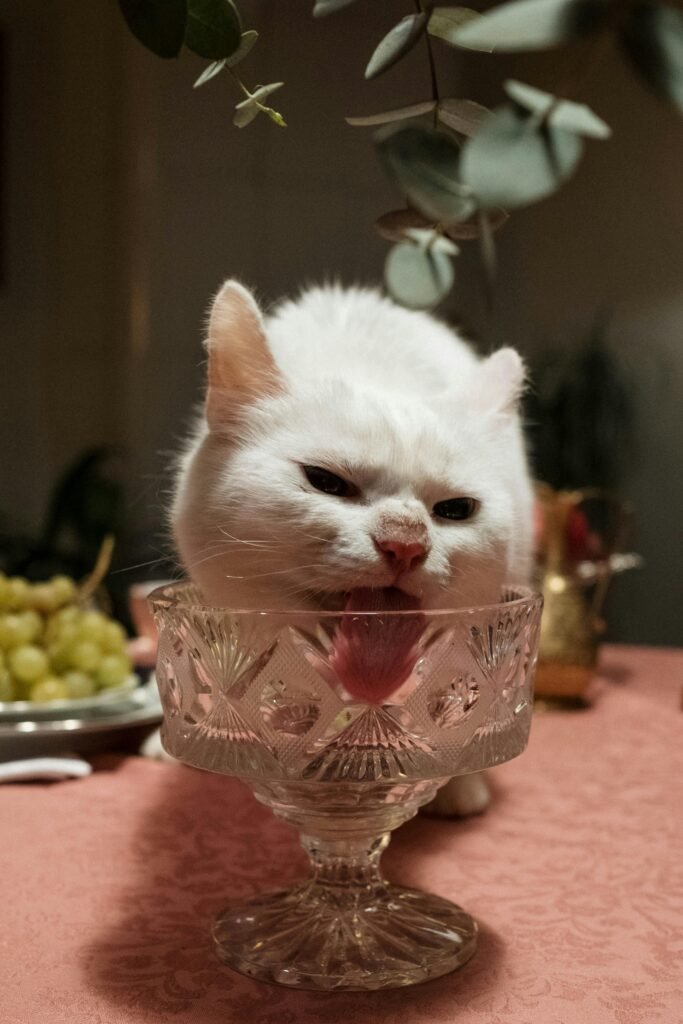
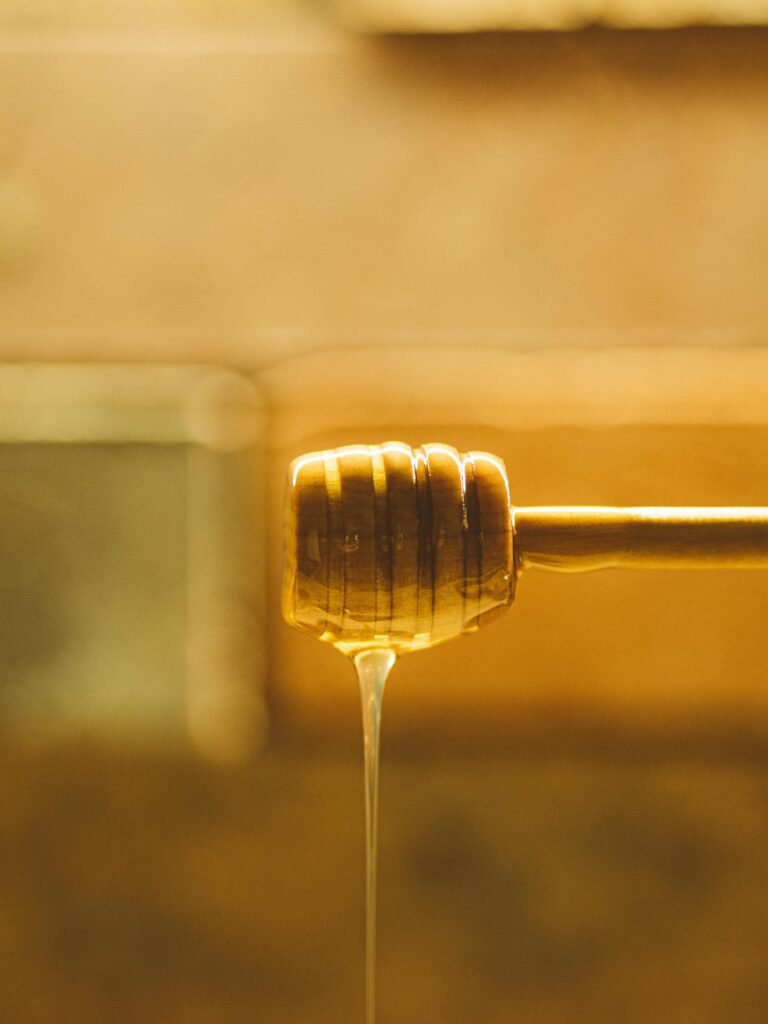
Though honey isn’t a necessary part of a cat’s diet, there are a few scenarios where it could be useful. For example, some people use honey to treat small wounds or minor cuts on their cat’s skin because of its natural antibacterial properties. However, this is more of a topical use, not something you should feed them.
Another possible use for honey is soothing a cat’s sore throat, though this is rare. If your cat has a throat problem, it’s always best to consult your vet first before trying any home remedies.
How Much Honey is Safe for Cats?
If you do decide to give your cat a taste of honey, keep the amount very small. A tiny lick off your finger is more than enough. Even though it’s safe in small quantities, giving your cat too much honey could cause digestive issues. Moderation is key, and it’s best to only offer it as a rare treat, not part of their regular diet.
Can Kittens Eat Honey?
While honey may be safe for adult cats in small amounts, it’s not recommended for kittens. Kittens have developing immune systems, and honey could contain botulism spores, which are dangerous for young animals. The risk is low, but it’s better to avoid honey for kittens altogether.
Alternatives to Honey for Cats
If you’re looking for a natural treat or something sweet for your cat, there are better options than honey. Cats generally don’t need sugary foods, but you can offer them treats that are specially formulated for their dietary needs. Here are some healthier alternatives:
- Catnip or Cat Grass: Both are safe for cats and can even aid digestion.
- Cooked Meats: Small pieces of cooked chicken, turkey, or fish are great treats for cats.
- Pumpkin: A small amount of plain pumpkin (without added sugar) can help with digestion.
What to Do if Your Cat Eats Too Much Honey
If your cat accidentally eats a large amount of honey, watch for any signs of discomfort. Common symptoms of overconsumption include:
- Vomiting
- Diarrhea
- Lethargy
- Lack of appetite
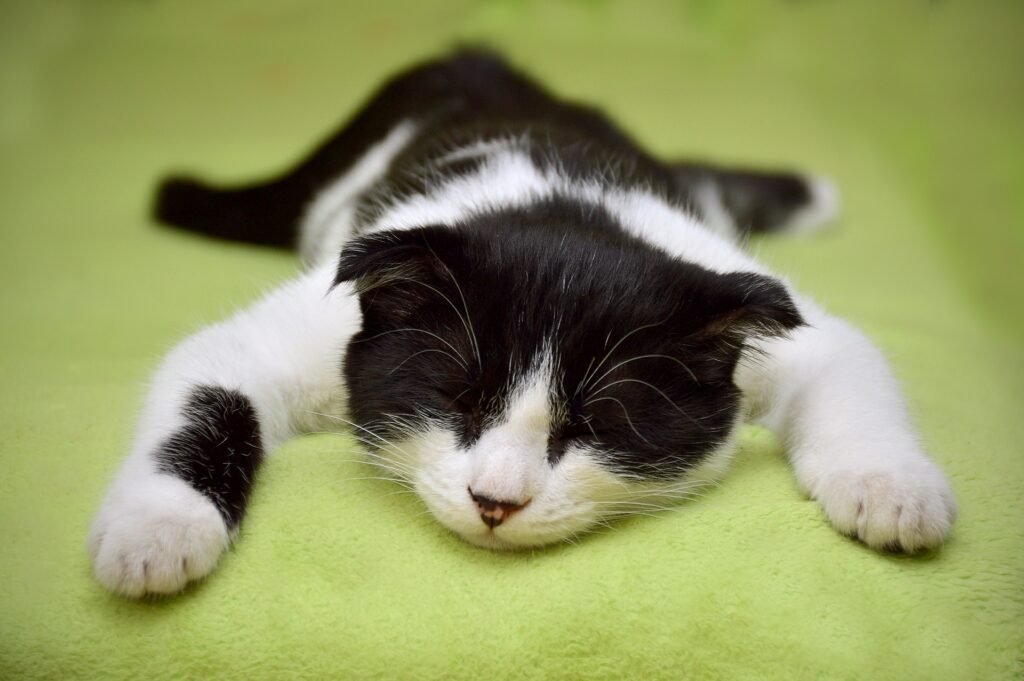
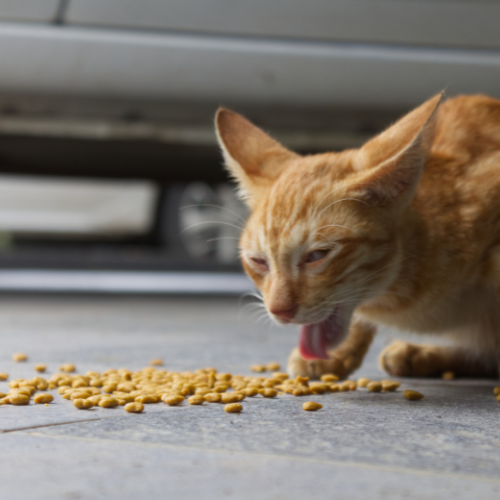
If you notice any of these symptoms or if your cat seems unusually sick, it’s a good idea to call your vet. They can offer guidance on whether further treatment is needed.
Conclusion
In summary, while cats can eat honey in very small amounts, it’s not something they need or should have regularly. Honey is high in sugar and doesn’t offer much nutritional value to cats, so it’s best to offer it sparingly, if at all. If you want to give your cat a treat, there are healthier, more suitable options available. Always keep your cat’s health in mind, and consult your vet if you’re ever unsure about introducing new foods into their diet.
FAQs
1. Can honey help my cat’s digestion?
No, honey isn’t known to help a cat’s digestion. In fact, too much honey can cause digestive issues like diarrhea or vomiting.
2. Is honey good for a cat’s skin or fur?
Honey has antibacterial properties that may help with small cuts or wounds on a cat’s skin, but it’s not something you need to apply for general skin or fur health.
3. Can I use honey to treat my cat’s cold?
If your cat has a sore throat or cold, it’s better to see a vet. Honey isn’t proven to treat these conditions in cats.
4. Are there any types of honey that are better for cats?
While raw honey is more natural, it still isn’t necessary for a cat’s diet. All types of honey have similar sugar content and should be given sparingly.
5. What are healthier alternatives to honey for cats?
You can try offering cooked meats, plain pumpkin, or specially formulated cat treats as healthier alternatives to honey.

